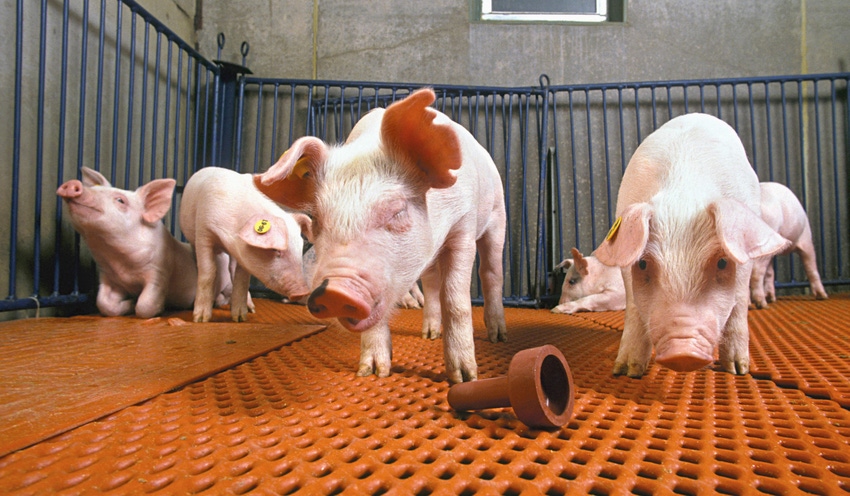
Things seem to be looking up for the U.S. pork industry, considering that exports of American pork and soybeans to China increased notably in December as the two nations were finalizing a phase-one trade deal.
China may increase purchases of American farm products this year after signing the trade deal, which was expected to include a pledge to buy $40 billion a year in agricultural goods, according to Bloomberg News.
But recent developments within U.S. shores apparently have some producers feeling as though they’re under siege.
First off is the advent of what livestock groups are derisively calling “fake meat.” In the case of pork, the National Pork Producers Council’s science director has taken aim at the California-based Impossible Foods’ naming convention for its plant-based products designed to mimic the taste and texture of the meat.
“What’s impossible is to make pork from plants,” said Dan Kovich, the NPPC’s director of science and technology. “This is a brazen attempt to circumvent decades of food labeling law and centuries of precedence. Any adjective placed in front of the word pork can only refine it, not redefine it. It’s not pork. It’s not pork sausage. It can’t be labeled as such.”
I’m all for consumer choice, and these plant growers are farmers, too. But one can understand how producers might think they’re under attack when they hear comments like those Impossible Foods’ founder and CEO Patrick Brown made recently: “We won’t stop until we eliminate the need for animals in the food chain and make the global food system sustainable.”
On the heels of this, the NPPC also took issue with a CBS “60 Minutes” report largely blaming the use of antibiotics in livestock for cultivating drug-resistant bacteria that can be harmful to humans – a claim animal-welfare activists have been making for well over a decade even though scientists have told me and others that human overreliance on the drugs is the main cause of the resistance.
Among the NPPC’s numerous complaints is that Liz Wagstrom, the organization’s chief veterinarian, gave an 80-minute interview to CBS but less than two minutes of the interview was shown.
A USDA Food Safety Inspection Service spokesman told Carol Ryan Dumas, my esteemed former colleague at Capital Press, that the network misunderstood a slaughter inspection rule and “conveniently left out of their story those facts that didn’t fit their piece.” Ouch.
One would think network officials would tread carefully around livestock issues after ABC shelled out $177 million for a 2017 defamation settlement over its reporting on so-called “pink slime.”
What do these controversies have in common? In my view, they’re fueled by activists who decided it’s not enough to just promote what they consider better food or better practices. If you’re a livestock producer, they want your operation banned.
It appears the much-discussed “cancel culture” is alive and well in agriculture. And groups like the NPPC are pushing back.
About the Author(s)
You May Also Like






